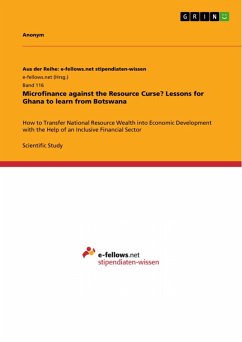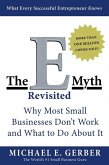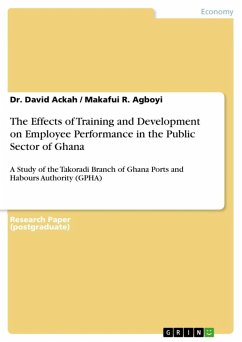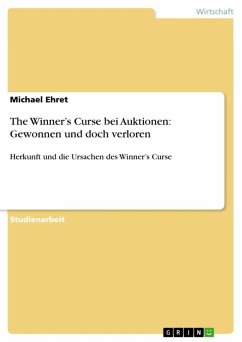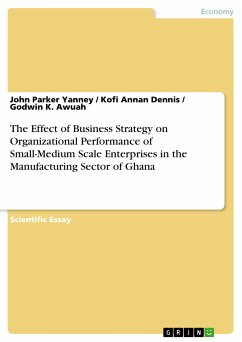Scientific Study from the year 2011 in the subject Business economics - Investment and Finance, grade: A , IE Business School, Madrid, language: English, abstract: This paper creates a linkage between the two at first sight unrelated concepts of the resource curse phenomenon, and financial inclusion with an emphasis on microfinance. I posit that in certain states of financial inclusion and with specific public policies for the financial sector and microfinance, the resource curse can be averted better in emerging economies. Hence, the focus of this work is not in the widely discussed institutional political realm whose deficient top-down approach often supports the resource curse. In contrast, I advocate an unconventional bottom-up strategy enabling the poor and marginalized parts of society to participate in the financial arena, which can prevent the resource curse phenomenon in countries rich in natural resources. In line with this idea I will present five proposals that foster an environment to absorb windfall revenues from natural resources positively. As a case study, Botswana's successful development despite resource abundance is examined along those theoretical concepts of financial inclusion. For this country, the results strongly suggest that the financial sector is not key for explaining the positive trajectory of the country. Nonetheless, we can draw several conclusions from Botswana's experience that serve as recommendations for Ghana. The West-African nation started exploiting petroleum this year, and is currently facing the challenge of averting the resource curse. I conclude that financial inclusion together with microfinance can aid Ghana in its future development and suggest specific policies that shall support the resource curse prevention in the country.
Dieser Download kann aus rechtlichen Gründen nur mit Rechnungsadresse in A, B, BG, CY, CZ, D, DK, EW, E, FIN, F, GR, HR, H, IRL, I, LT, L, LR, M, NL, PL, P, R, S, SLO, SK ausgeliefert werden.

